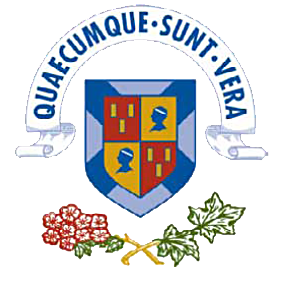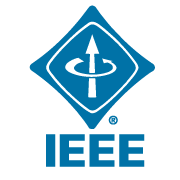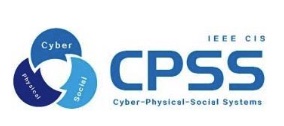|
Title of the workshop |
|
IEEE iThings 2023 Workshop on Emerging IoT Applications in Modern Power Systems (IoT-PS 2023)
|
|
Objectives |
|
The emerging Internet of Things (IoT) technology has significant implications and prospects for the modern electrical power system, particularly in the context of energy transition and the adoption of clean energy sources IoT enables seamless communication, data exchange, and collaboration among interconnected devices, sensors, and systems, revolutionizing power generation, distribution, and consumption. IoT applications in power systems encompass real-time monitoring and predictive maintenance of power generation and transmission assets, efficient load balancing and fault management in smart grids, and demand-side management for energy conservation, etc. By leveraging IoT, utilities can enhance operational efficiency, integrate renewable energy sources, and improve overall system reliability. The abundance of data collected through IoT devices enables advanced analytics for informed decision-making and optimization of power system operations. Ultimately, IoT holds the key to a more sustainable, resilient, and intelligent electrical power system. |
|
Scope |
|
The goal of this workshop is to explore the emerging Internet of Things (IoT) technology and its applications in the modern electrical power system by bringing together leading researchers and professionals from both industry and academia. The topics include, but are not limited to the following:
|
|
Keynote Speaker |
|
|
|
Organizing Chair |
|
|
|
Technical Program Committee Chairs |
|
|
|
Paper Submission |
|
Main conference papers are limited to 8 pages (regular paper), or 4 pages for poster papers following the IEEE Computer Society Proceedings Format, and are to be submitted as PDF via the site: https://edas.info/newPaper.php?c=31586. Paper not following the IEEE templates will be rejected without reviews. Papers will be selected based on their originality, significance, relevance, and clarity of presentation assessed by at least three reviewers. |
|
Paper Publication |
|
Accepted conference papers will be published by IEEE (IEEE-DL and El indexed). At least one author of each accepted paper is required to register and present their work at the conference. Otherwise, the paper will not be included in the proceedings. Selected papers, after further extensions and revisions, will be recommended to special issues. |
Organizations:
 |
 |
|---|
Copyright IoT-PS 2023. Created and Maintained by IoT-PS 2023 Web Team.




